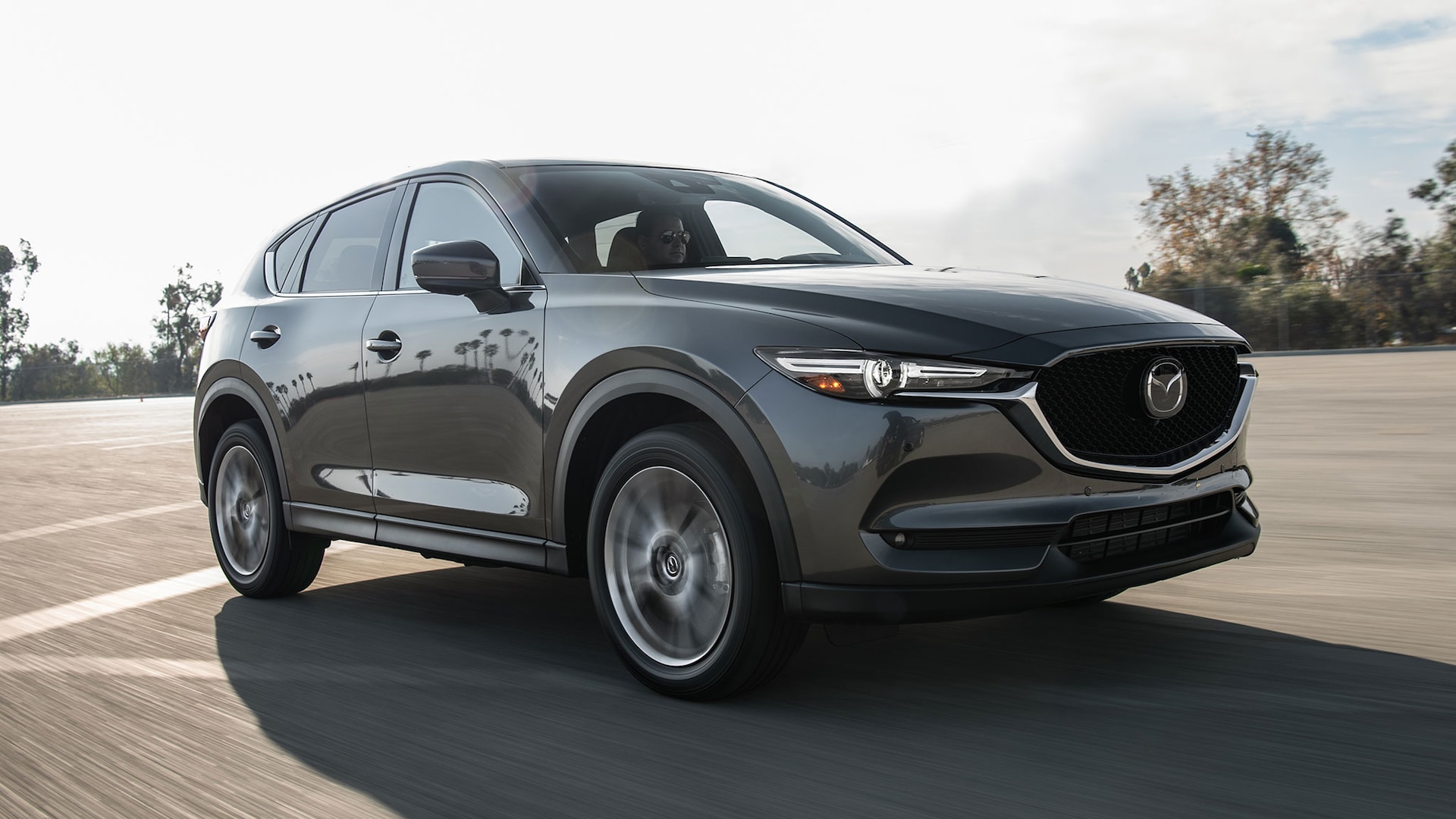Modern vehicle’s computers will adjust the air/fuel ratio, spark, timing, etc. to the exact specs for that engine. If it’s a stock engine and the manufacturer says to use 87, then use 87. If you put 93 octane in it you might see a boost for a tank as the vehicle adjusts for the new fuel but you won’t see better economy or power. This is a carryover from the old days for the most part and even then you only saw gains in higher compression engines.
Turbo vehicles will usually get a little better performance out of higher octane but this is also negligible as once again, the computers adjust to factory spec.
Scientific studies have shown time and time again that modern cars that require 87 octane fuel DO NOT get better fuel economy and DO NOT have higher performance.
Now “top tier” rated gas is a proven value and it’s tested to include additives at all octane levels that are labeled top tier. The sellers of top tier are:
76, Aloha Petroleum, Amoco, ARCO, Beacon, BP, Breakaway, Break Time, Cenex, Chevron, CITGO, Conoco, Costco, CountryMark, Diamond Shamrock, Entec, Esso, Express Mart, Exxon, Fast Fuel, HFN, Hele, Holiday, Kwik Star, Irving, Kirkland Signature, Kwik Star, Kwik Trip, Marathon, Metro Petro, MFA, Mobil, Ohana Fuels, Phillips 66, PUMA, QT, Quik Trip, Road Ranger, Shamrock, Shell, Sinclair, Sunoco, SuperAmerica, SuperFuels, Texaco, Valero, Value America, Wow, and Win Win.











